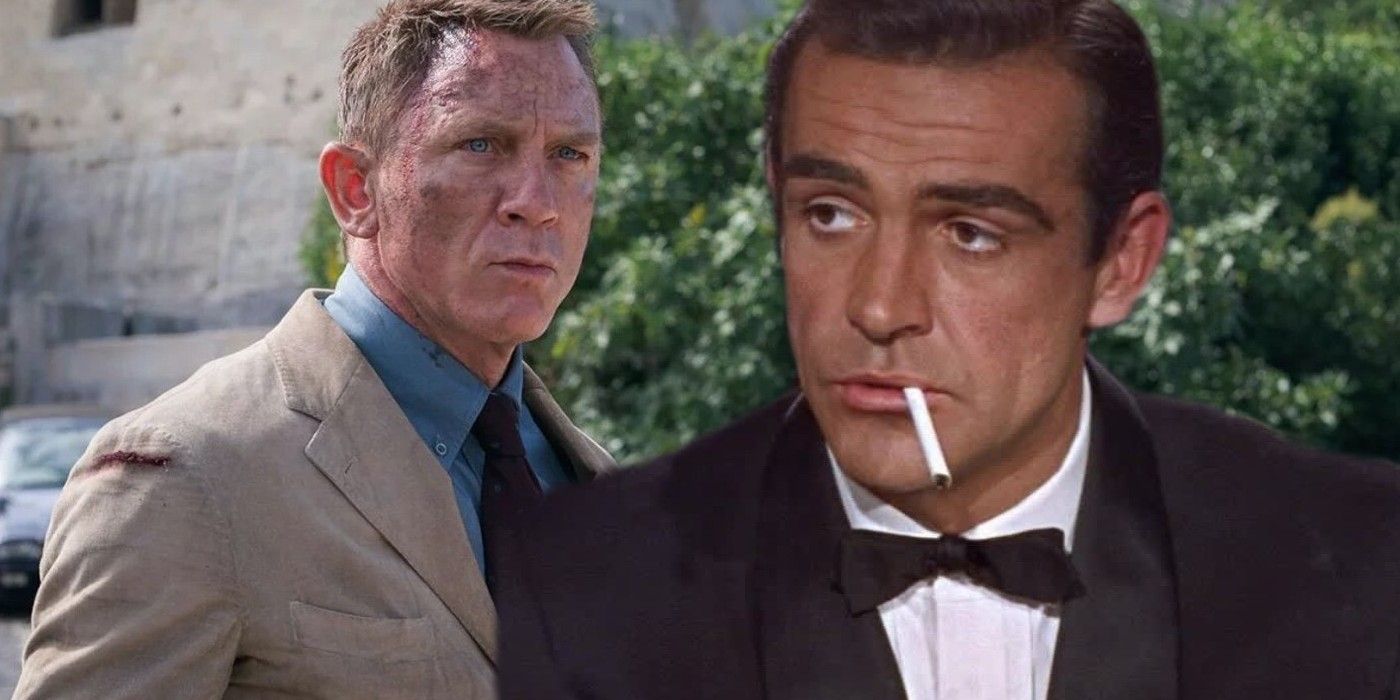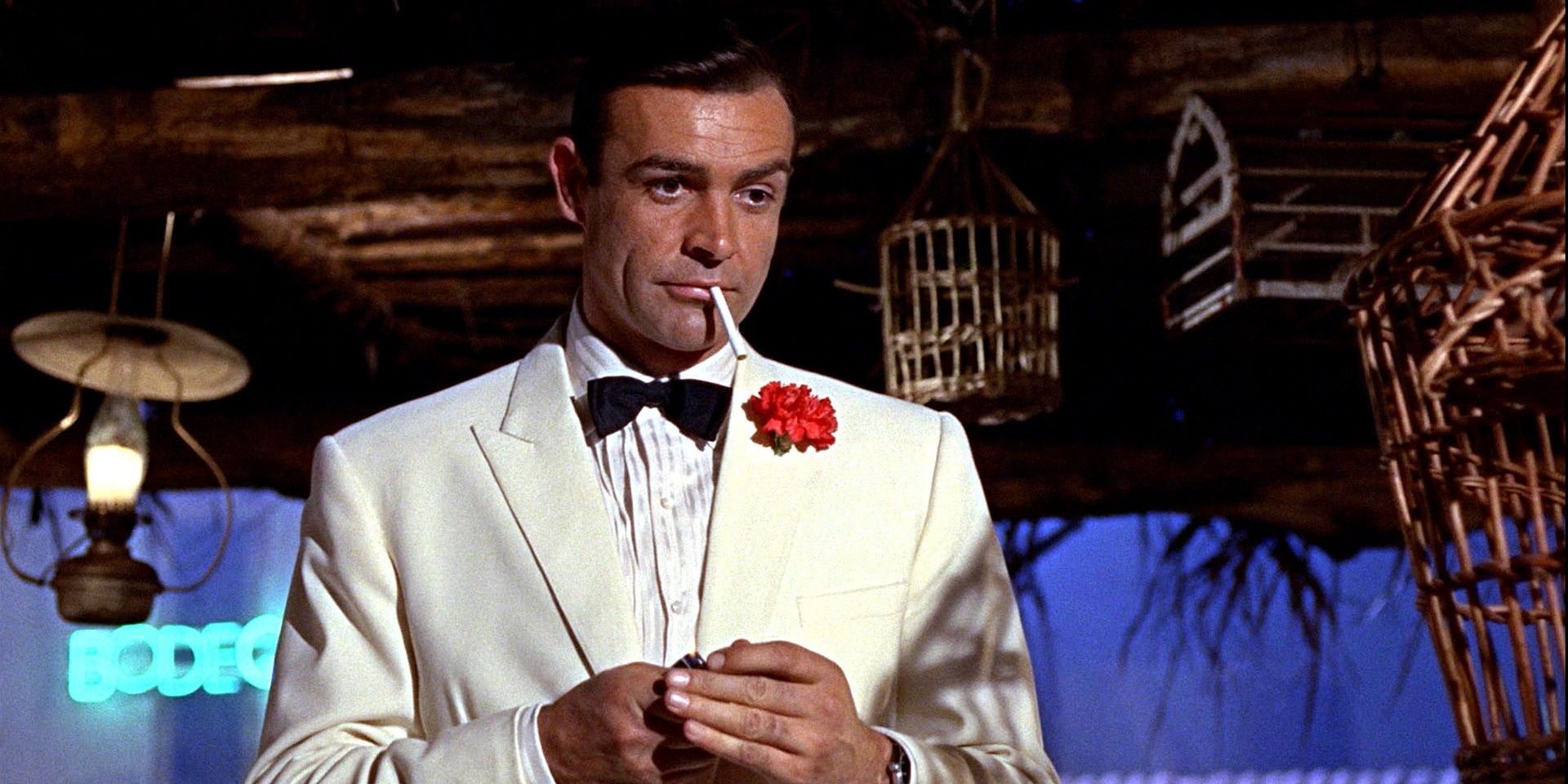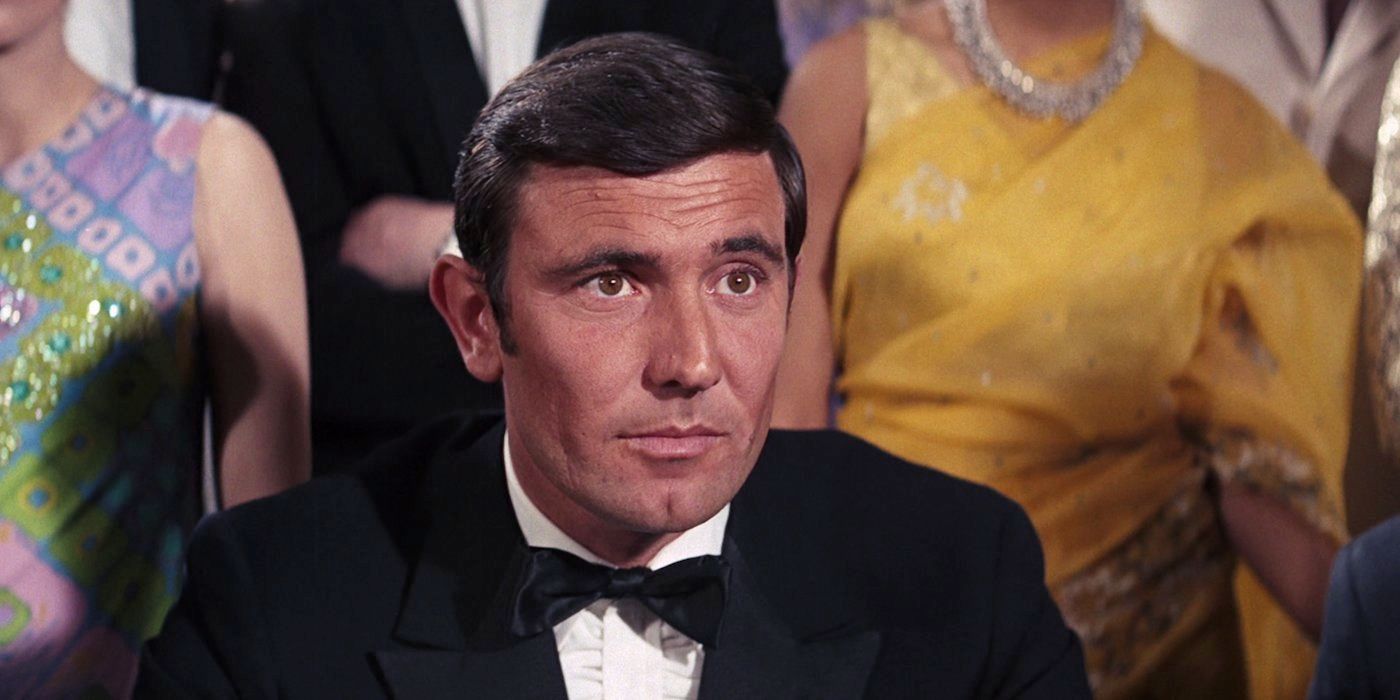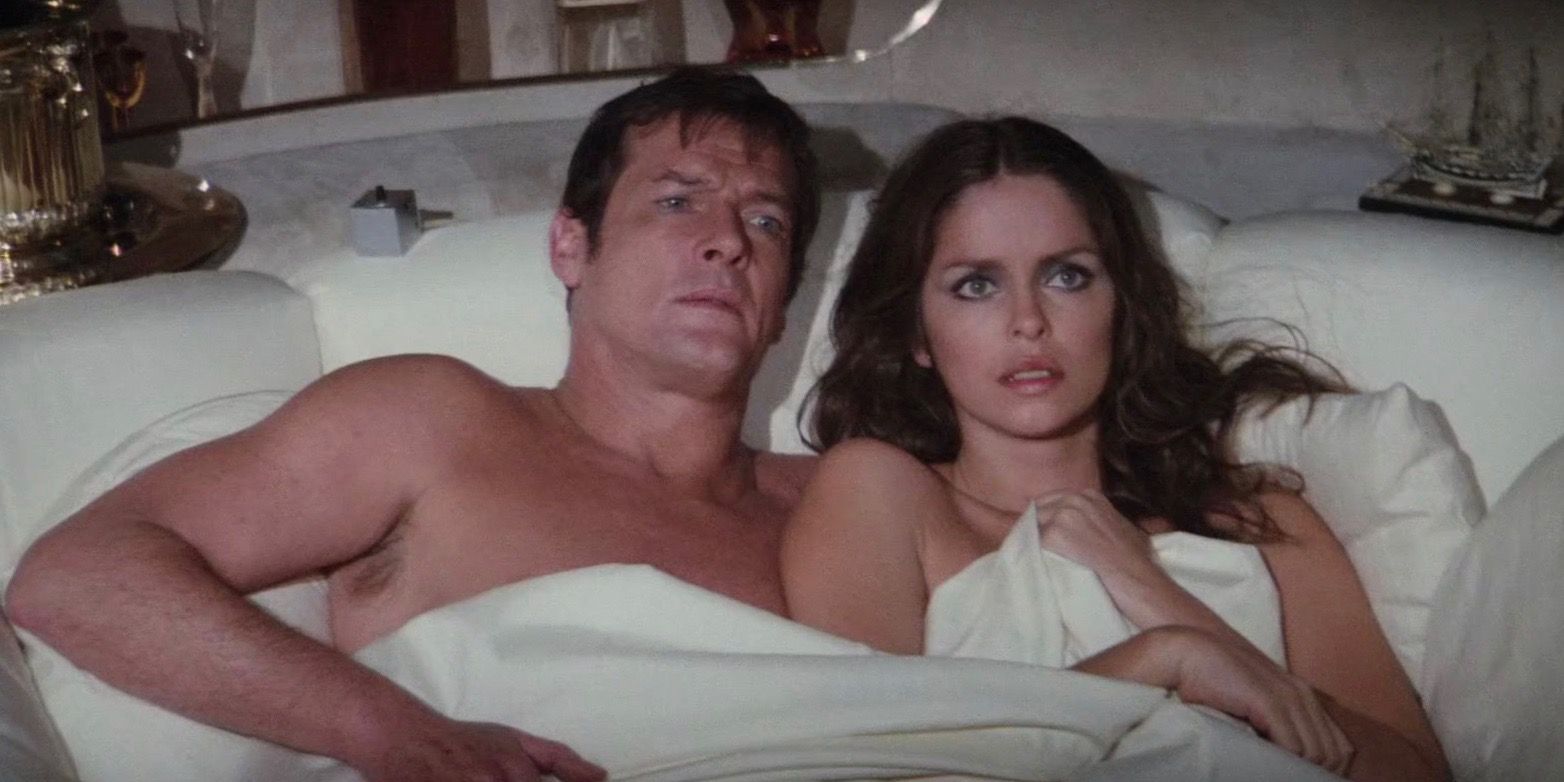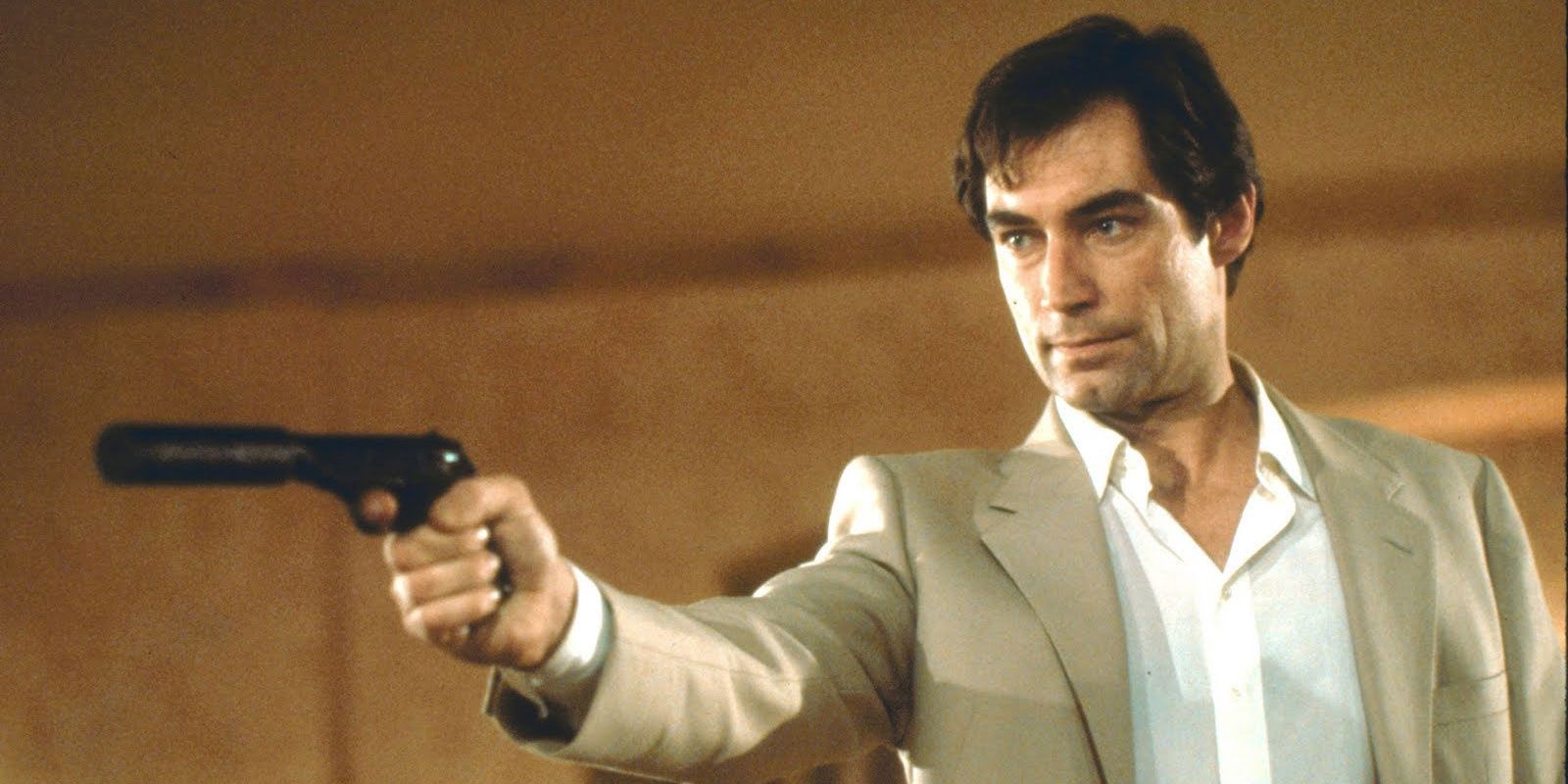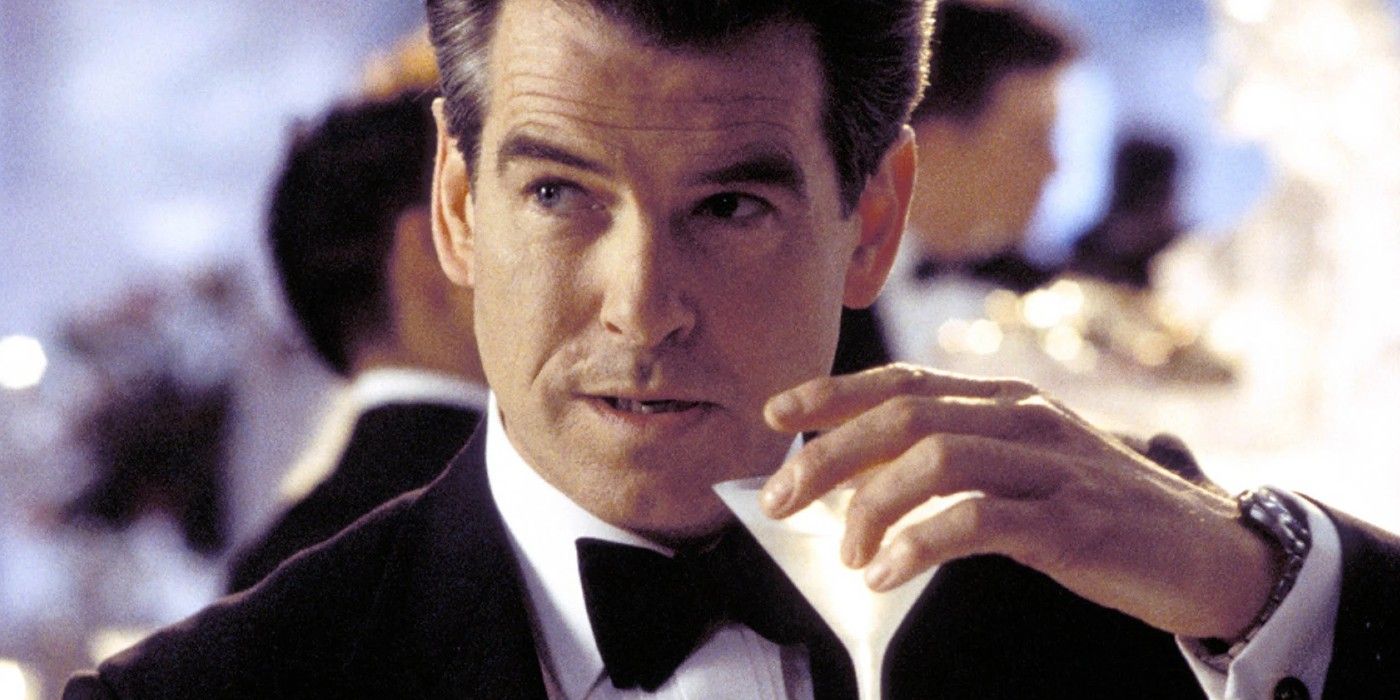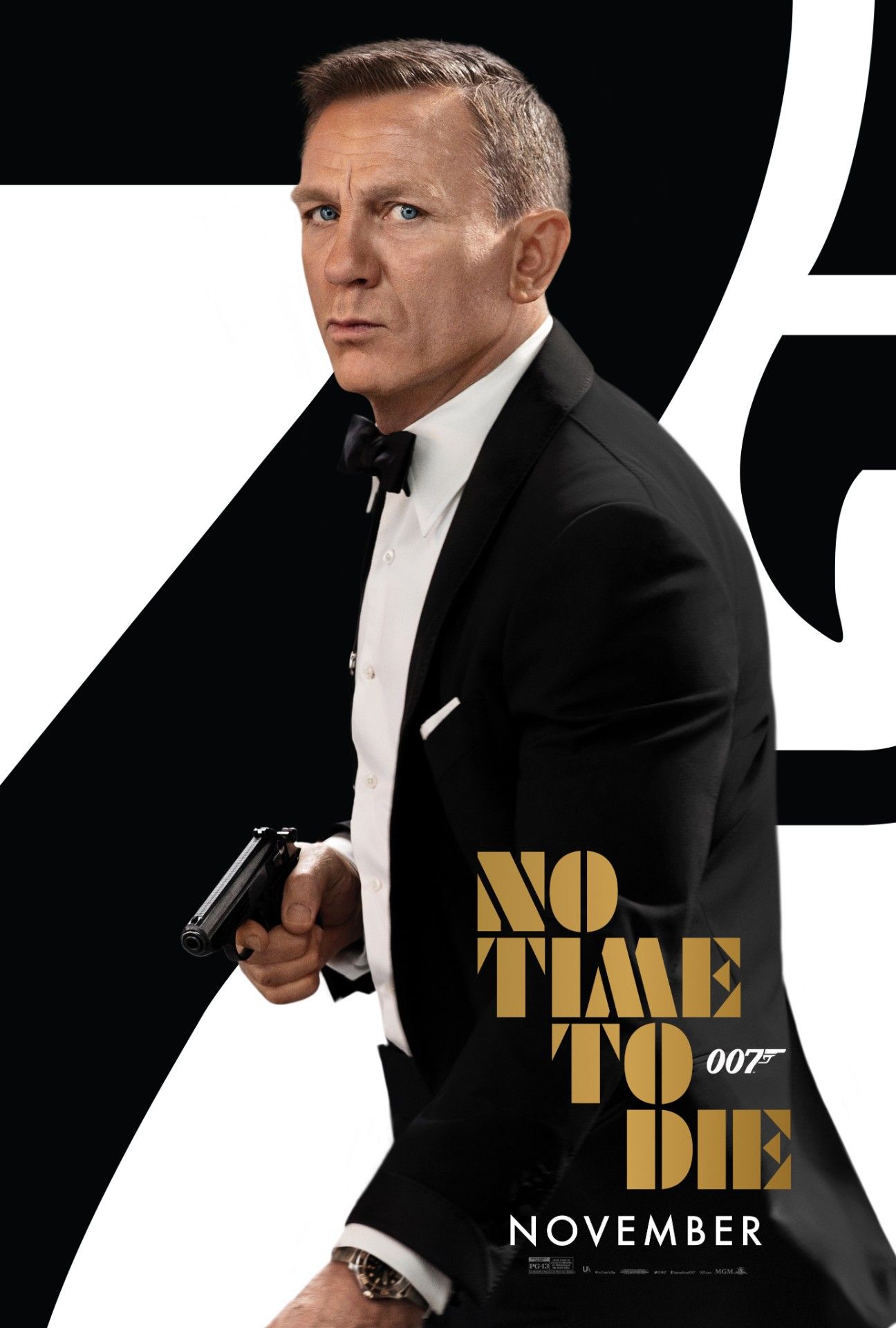Why did every James Bond actor depart from the 007 role? Adapted from the literary works of British author Ian Fleming, James Bond has been a cinematic staple for almost 60 years. Fleming had been trying to get his debonair MI6 agent onto the big screen for several years already when Albert Broccoli and Harry Saltzman stepped in to purchase the James Bond movie rights. Their collaboration resulted in 1962's Dr. No, and the creation of a decade-spanning, history-writing global brand. Of course, the most influential factor in 007's early success was casting the right actor, and Sean Connery proved an inspired choice.
Sadly, not even Connery was bigger than Bond. Eon Productions envisioned their franchise as a generation-spanning endeavor, and sought immortality via a revolving door of lead actors, with 007 getting a brand new face every few years. Bond tenures range from a solitary film to over a decade, with critical and commercial fortunes proving just as diverse. Some exits were also messier than others, but each and every Bond actor brought something worthwhile to the role, and is fondly remembered for one reason or another.
As sure as the sun rises in the east and martinis must always be shaken instead of stirred, every James Bond actor is merely a temporary custodian. Sooner or later, every 007 must hang up his Walther PPK - here's why each of the main Eon movie actors stopped playing Bond.
Sean Connery
The original, and many would claim the best, Sean Connery remains the embodiment of James Bond. After cycling through various Bond options, Saltzman and Broccoli came across Connery and the Scot was cast soon after, but an air of doubt remained, not least from Ian Fleming himself. Connery's performance in Dr. No banished any lingering notion that he wasn't suited for Bond, and Fleming was delighted to be proven wrong. With Connery at the helm, 007 went from strength to strength in From Russia With Love, Goldfinger, Thunderball and You Only Live Twice. He would later make one-off returns for Diamonds Are Forever and Never Say Never Again, and the outpouring of respect that followed in the wake of Connery's death serves as testament to his legacy.
The decision to leave after You Only Live Twice was largely Connery's. Playing Bond had turned the actor into a household name, but Connery would later describe the disdain he felt toward his most famous character - the limitations of the part, missed career opportunities, the intense public scrutiny. After a fifth outing, Connery's relationship with Bond and the franchise's producers had deteriorated, and his departure become inevitable. Connery's exit was helped by You Only Live Twice's middling reviews, which noted the actor's less enthusiastic performance.
George Lazenby
Replacing Sean Connery as the face of James Bond would be a daunting task for any actor, so Saltzman and Broccoli opted not to cast an actor at all. George Lazenby worked primarily in modelling ahead of his On Her Majesty's Secret Service casting, but after being singled out by Broccoli for his looks, presence and demeanor, the second 007 was chosen - a little known Australian with minimal acting experience. Lazenby would only play Bond for a single film, and reviews of the day were critical, with many struggling to reconcile the idea of James Bond without Sean Connery. Regardless, Eon planned to keep Lazenby as their leading man until, once again, 007 walked away. Lazenby believed his Bond debut would lead to bigger, better things, and various cast members admitted to clashing with the actor on set, including Diana Rigg. In more recent years, Lazenby has expressed regret at not sticking with James Bond, citing bad decisions and poor career advice.
Roger Moore
Roger Moore was one of the original names considered for Dr. No, although the actor claimed he wasn't actually aware of this early interest. But after Connery's departure, the Lazenby experiment, and a Connery slight return, Roger Moore finally landed the James Bond role, debuting in 1973's Live & Let Die and making his final bow in A View To A Kill 12 years later. Although Moore has since been eclipsed as the longest-running 007, he still boasts the most individual credits, appearing in a total of 7 adventures. Moore's James Bond was characterized by a lighter tone, but as the 1980s beckoned, critical opinion quickly soured, with the actor's advancing age becoming increasingly problematic. Moore would later admit that his final Bond film was a mistake. Reports vary as to whether Roger Moore left Bond behind voluntarily, or whether Albert Broccoli made the decision for him. While the producer asserted that A View To A Kill prompted the recast, Moore claimed to have left after realizing his age looked awkward against younger female costars.
Timothy Dalton
After failing to land Pierce Brosnan, producers eventually cast Timothy Dalton as the fourth James Bond leading man after much deliberation. Deliberately moving away from his predecessor, Dalton's late 1980s Bond era was far darker, closer to the work of Ian Fleming in style and tone. The Living Daylights and License To Kill are both considered improvements over Roger Moore's later efforts, and plans were in motion for a third 007 mission starring Timothy Dalton, who was looking to combine the best of his first two films into a defining third installment. Michael G. Wilson and Alfonse Ruggiero wrote a treatment for this elusive Dalton story, which was then turned into a full script that ultimately went unmade.
Timothy Dalton's James Bond departure was triggered by a tricky combination of legal wrangling and the actor's own uncertainty. The beginning of the 1990s saw James Bond's movie rights subjected to a messy sale and several lawsuits, delaying production of Dalton's third movie. By the time everything in the courtroom was resolved, Dalton's contract had expired, and his willingness to return for one more film didn't match Barbara Broccoli's long-term vision. With the two parties at odds, Timothy Dalton stepped down, leaving his Bond story curiously unfinished.
Pierce Brosnan
In need of a new James Bond, producers turned to one of their original choices to succeed Roger Moore. Making his debut in 1995's Goldeneye, Brosnan's Bond felt modern, fresh and exciting, and this was reflected in the film's impressive box office. Critics mostly praised James Bond's new era, and Brosnan would go on to appear in Tomorrow Never Dies, The World Is Not Enough and, finally, Die Another Day. While Goldeneye is widely considered Brosnan's crowning 007 achievement, 2002's Die Another Day is routinely counted among the worst in the entire franchise, embracing the silliness of the character a little too enthusiastically. This likely played into Barbara Broccoli's decision to drop Brosnan ahead of Bond 21. Although early negotiations for a fifth Brosnan film did happen, Bond's producers ceased discussions and regretfully informed the actor that his services were no longer required.
Daniel Craig
The current James Bond, Daniel Craig's occupation of the iconic role will come to an end with the premiere of No Time To Die... whenever that may be. Recognizing the errors of Die Another Day and the changing tastes of the new millennium, James Bond was effectively rebooted in 2006, with Casino Royale the closest 007 has ever come to an origin story. The Daniel Craig era marked a drastic change in tone, edging towards gritty, intense territory, and this continued through Quantum of Solace, Skyfall, and Spectre. While Craig's Bond back catalog isn't entirely comprised of hits, the modern 007 era has been defined by critical and commercial prosperity, with Casino Royale and Skyfall among the franchise's best.
Like some of his predecessors, Daniel Craig hasn't always been complimentary about his James Bond experience, infamously stating that he'd rather cut his wrists than play Bond again after 2015's Spectre. As such, many were surprised when Daniel Craig agreed to return in No Time To Die, and not all shocked when the actor formally revealed Bond 25 as his parting shot. While Craig might've grown weary of playing the world's most famous spy, his story has reached a natural conclusion, with a cohesive arc stretching from Casino Royale to No Time To Die, which begins with Bond in retirement, replaced as 007.

